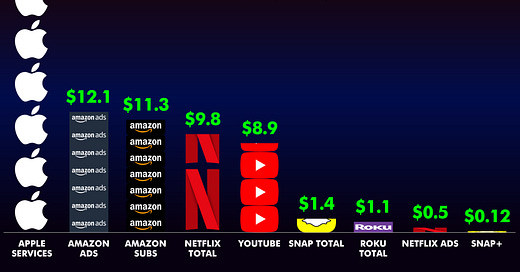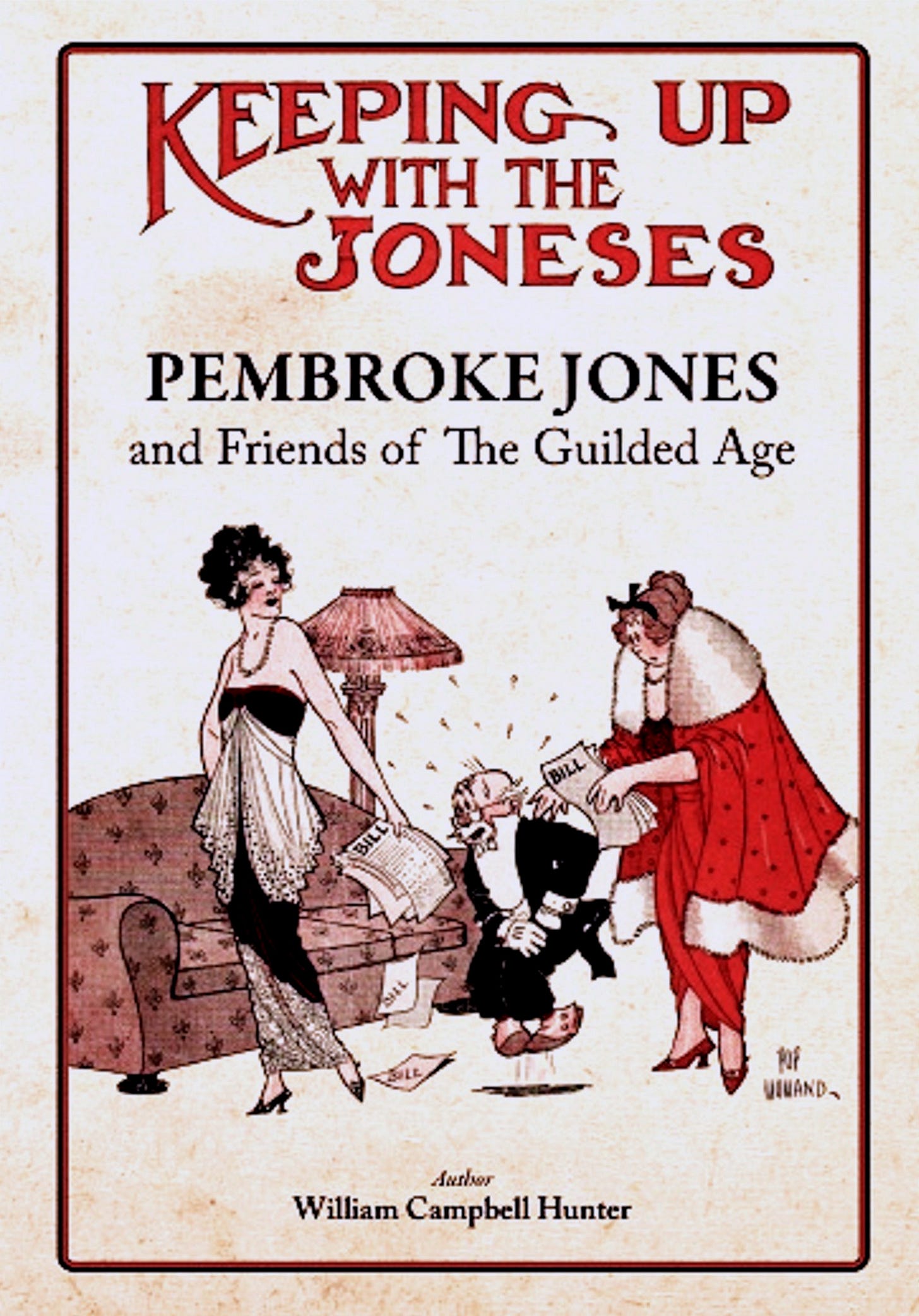Happy Monday Peaceniks. Ready to keep up?
When I was growing up, the phrase Keeping Up With The Joneses was still in use. Derived from the name of a newspaper comic strip popular during the first half of the 20th Century (when newspapers were still a thing), the phrase means “to show that one is as good as other people by getting what they have and doing what they do.” Since my grandparents, who grew up during the Great Depression, were still very much alive and quite active in my upbringing as I came of age, they tended to employ this expression whenever I told them I wanted something because it was popular in my school. “Don’t be so worried about keeping up with the Jonses that you forget who you are,” my Mom-Mom Lil would say. It stuck with me.
As dated as it may sound, I believe this idiom can apply to business as well. Companies that spend all their time focused on their competition can often find themselves forgetting what they are - losing sight of the unique selling proposition at at the heart of their brand promise. A picture perfect case study for this phenomena is the Streaming Wars, when all of the Horsemen of the Big Media Apocalypse, whose modern day fortunes derived almost entirely from the wholesale cable TV model, chose to remake themselves in the image of what they saw as their most fearful competitor, Netflix: Direct to Consumer! No Ads! Yahoo!
I think we all know how that turned out.
As their foundational models failed, traditional Media focused only on the tenets of Netflix that they thought embodied the new entertainment consumerism: D2C and ad free. Meanwhile they caught spontaneous amnesia about the very things that made each of them great in the first place - strong content brands, available in a wholesale bundle, connected to the indispensable utilities of daily life.
ESPN was a core profit center for Disney for two decades prior to the great Streaming Wars, generating billions of dollars in subscriber cash simply because everyone had to pay for it, even though only 25% of us used it. Similarly, CNN became a cash cow for Warner Media due to those same creamy sub fees, which precious few, if any, consumers would have chosen to pay if the news channel had to survive alone, out in the wild. And, from the late 90s on, all the Pay TV channels in the cable bundle, which generated truly lavish and foreseeably unsustainable high margins for Big Media, benefitted sumptuously from being packaged with the telephone and internet services that MVPDs welded together into unbreakable contracts with the consumers they served (aka fleeced).
Yet when faced with a monster streamer (which they helped create, btw), they seemed to forget how their rich histories had been made, tossed their models out with the bathwater, damned the torpedos, and dove full-steam, head-first into an ad-free retail rabbit hole, like Alice tripping on LSD; only to find out a scant few quarters later that grooming Reed Hasting’s Cheshire Cat wasn’t actually a real business. Now, these same moguls are scrambling to rebuild what they broke, like pre-teens on sugar highs, playing musical chairs at their second cousin’s birthday party… the music may sound familiar but they’re all far too dizzy from spinning to hear it.
Paramount is selling itself to a sugar daddy. Disney and Comcast are floating the idea of spinning off their cash cow cable networks that are running outta milk. And Warner Brothers Discovery (aka Disco Bros) is shuffling its deck chairs, while Zas plays tone-deaf music for an audience of one (John Malone). Big Media now knows that they can’t win a game that Netflix rigged (turns out everyone does need ads to survive). But having hastened the demise of their own models, they are all clearly at a net loss for what to do next. “Without the Joneses to follow, where do we go now?”
Big Media is far from alone in their Media Life crisis. Nearly every sector of Media faces equally existential questions. Even the cool kids in Social Media and Gaming are coming to grips with maturing models getting soft in the middle and showing grey at the temples. In the back half of this decade, each segment of the entertainment industrial complex will confront new, steep challenges born from an ecosystem that was forever changed by lockdown and will be controlled in large part by consumers who came of age after the invention of the internet.
I believe the answer to their quandary will come from digging into the data, looking back at history, and (this time at least) ignoring the wise words of my Mom-Mom. To prove my point, let’s look into results from the current 3Q earnings season.
Keep reading with a 7-day free trial
Subscribe to Media War & Peace to keep reading this post and get 7 days of free access to the full post archives.






